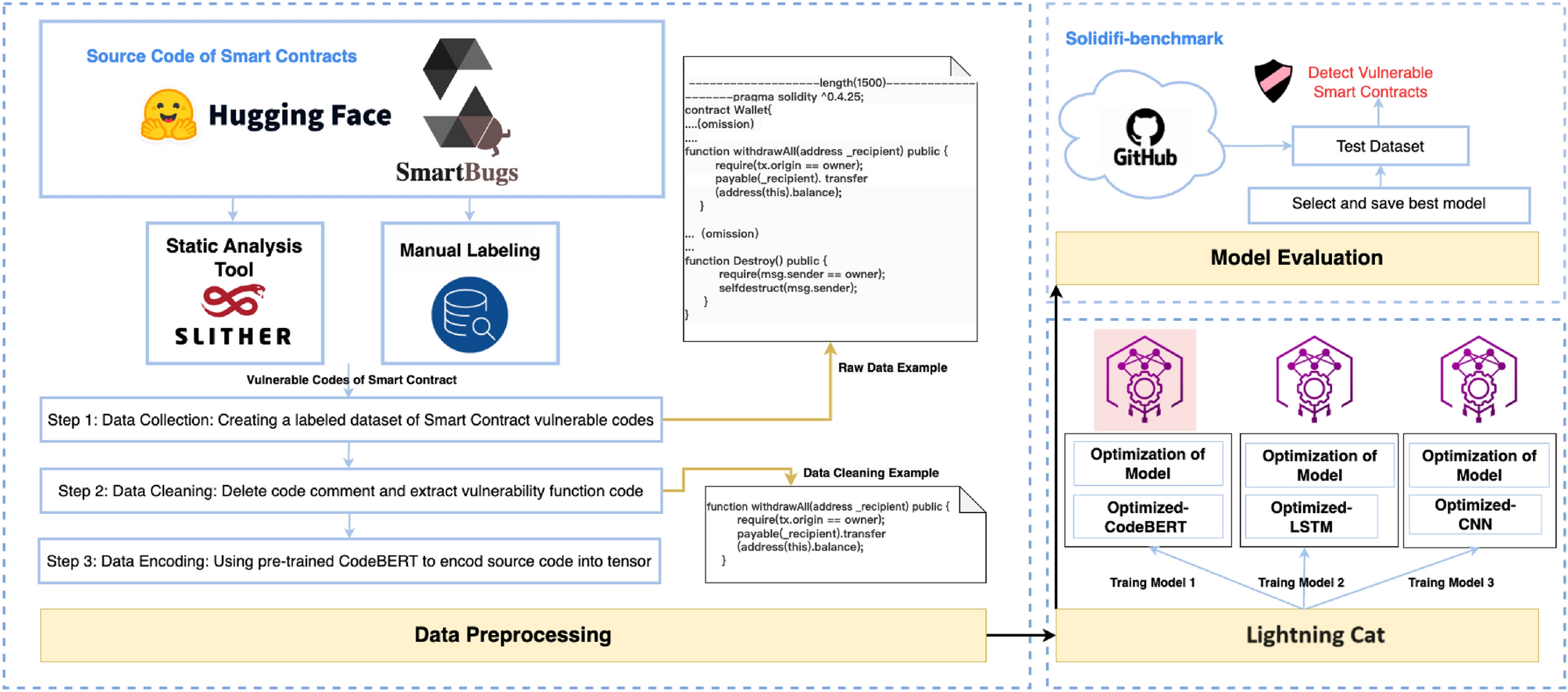Online Banking Insights
Your go-to source for the latest news and trends in online finance and banking.
Fairness and Smart Contracts: A Marriage of Trust and Technology
Discover how smart contracts are revolutionizing trust and fairness in the digital age. Unleash the power of technology in your transactions!
How Smart Contracts Enhance Fairness in Digital Transactions
Smart contracts are revolutionizing the landscape of digital transactions by ensuring fairness and transparency. Unlike traditional contracts, which require intermediaries to enforce terms, smart contracts utilize blockchain technology to automatically execute and verify agreements when predetermined conditions are met. This not only reduces the risk of fraud but also minimizes the potential for disputes between parties. For instance, in a digital payment scenario, a smart contract can autonomously transfer funds once both parties fulfill their respective obligations, thus creating a level playing field where trust is built into the system.
Furthermore, the use of smart contracts enhances accountability and traceability in transactions. Each step of the transaction process is recorded on an immutable ledger, meaning that any adjustments or manipulations are easily detectable. This transparency fosters trust among users, as they can independently verify the execution of contract terms without relying on a third party. As a result, smart contracts not only promote fair outcomes but also encourage broader participation in digital marketplaces by reassuring users that their interests are safeguarded.

Counter-Strike is a highly popular tactical first-person shooter game that pits teams of terrorists against counter-terrorists in various mission scenarios. Players can enhance their gaming experience by utilizing various resources, and for those looking for bonuses, checking out the bc.game promo code can provide some exciting opportunities. With its competitive gameplay and strategic depth, Counter-Strike has become a staple in the esports community.
The Role of Trust in Blockchain: Why Fairness Matters
Trust is the cornerstone of any successful blockchain system, as it enables participants to engage in transactions without a central authority. In traditional finance, trust is often established through banks and regulatory bodies. However, blockchain technology introduces a decentralized framework where trust is built through cryptographic consensus mechanisms and transparency. This shift diminishes the need for intermediaries, allowing for peer-to-peer interactions that are secure and verifiable. By harnessing the principles of decentralization, blockchain fosters a digital environment where fairness matters, ensuring that every participant has an equal opportunity to engage without fear of manipulation or bias.
Moreover, fairness in blockchain extends beyond merely trusting the system; it embodies the ethical considerations that govern transactions and interactions within the network. The transparent nature of the blockchain allows for complete visibility into transaction histories, which helps to mitigate issues related to fraud and inequality. When users can independently verify the integrity of the data, the entire system becomes more resilient and trustworthy. As such, prioritizing both trust and fairness is crucial for the long-term success and adoption of blockchain technology, ultimately enhancing user confidence and loyalty in decentralized networks.
Are Smart Contracts the Future of Fair Business Practices?
In a world increasingly driven by technology, smart contracts are emerging as a revolutionary solution for ensuring fair business practices. Built on blockchain technology, these self-executing contracts automate and enforce agreements without the need for intermediaries. This automation not only reduces the potential for human error but also minimizes the risks of fraud and corruption. As businesses begin to recognize the benefits of transparency and efficiency offered by smart contracts, it is clear that these digital agreements have the potential to enhance trust in commercial transactions like never before.
Furthermore, the adoption of smart contracts can pave the way for more equitable economic systems by democratizing access to essential services. By enabling peer-to-peer transactions and eliminating unnecessary overhead costs, smart contracts empower small businesses and innovators alike. For example, they can facilitate seamless transactions in industries ranging from real estate to international trade, thus promoting fairness and accessibility. As more organizations embrace this technology, the question remains: are smart contracts the key to a more just and transparent business landscape?